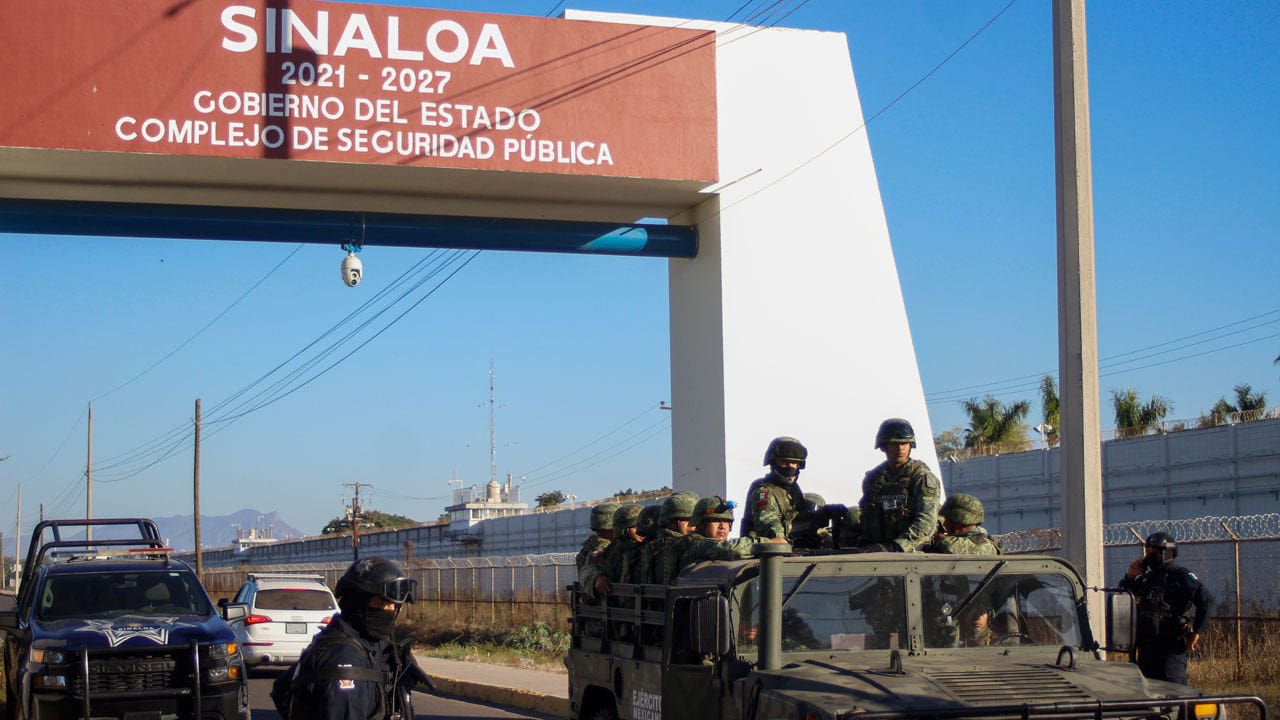The Department of Justice (DOJ) made a groundbreaking announcement last week, initiating the first ever prosecutions against Chinese chemical companies and nationals involved in the trafficking of precursor chemicals used to produce fentanyl. According to DEA Administrator Anne Milgram, these companies and individuals knowingly supplied drug traffickers in the United States and Mexico with the necessary ingredients and scientific knowledge to manufacture fentanyl. The consequences of this illicit trade have been devastating, with nearly 100,000 fatal overdoses from fentanyl in just over a year. Fentanyl, an incredibly potent opioid that is 50 times stronger than heroin, is commonly found mixed with heroin or disguised as counterfeit Oxycontin and Xanax pills.
The journey of fentanyl from Chinese factories to American streets follows a step-by-step roadmap that involves an increase in prices and revenue. It all starts with the purchase of a single precursor called 4-Piperidone, valued at $200, from a Chinese company based in Wuhan. This transaction typically takes place through a private Telegram chat group, where a Sinaloa Cartel operative based in Mexico places the order. The rest of the precursor chemicals can easily be obtained in Mexico or the United States, but the “piperidone” is the crucial ingredient. From Wuhan, the precursors are shipped to the Mexican ports of Lazaro Cardenas and Mazatlan. These ports are controlled by notorious cartels like the Jalisco New Generation Cartel (CJNG) and the Sinaloa Cartel, respectively.
The precursors are transported along with numerous other imported products, making it extremely challenging for Mexican authorities to detect illegal substances hidden in the containers. Once in Mexico, the precursors are transported to temporary laboratories set up in luxury residential apartments in Culiacan, the capital of Sinaloa. In just a few hours, the cartels can produce over 100,000 fentanyl pills. The most popular product manufactured by the Sinaloa Cartel is the counterfeit “M30” pill, which resembles Oxycontin but contains fentanyl. These pills cost around $0.50 to produce and are sold individually in the United States for $5 to $15. At this stage, a kilogram of pressed fentanyl pills can fetch over $3,500.
The packaged fentanyl or mixed heroin/fentanyl bricks are then transported in cargo trucks to cities along the Mexico-U.S. border. These shipments serve as a collaboration between different drug traffickers within the Sinaloa Cartel, with each individual paying a certain amount per kilogram. This payment includes bribes to Mexican authorities to safely pass through checkpoints. From border cities like Tijuana or Ciudad Juarez, the fentanyl crosses the border in private vehicles through regular ports of entry. Each “mule” is paid around $500 per ride, depending on the quantity of product transported. The price per kilogram at this stage jumps to around $25,000.
The final leg of the journey takes place in major cities like New York, Chicago, Los Angeles, and Portland. Here, the fentanyl reaches “the mills,” which are small houses or apartments located in suburban areas away from the eventual street sale locations. These mills are where the pills are repackaged into smaller quantities or the heroin/fentanyl mixture gets cut with other substances. Once the drugs are distributed to local dealers, the Sinaloa Cartel loses control over the product. The dealers purchase the wholesale drugs and mix them as they like, maximizing their profits. The small individual packages are then gradually distributed to larger hubs, where they are sold at retail prices. By the time fentanyl reaches the streets, the final price can exceed $1 million.
It is crucial to address and dismantle this intricate and dangerous network involved in fentanyl trafficking to protect the lives of countless individuals affected by this deadly substance. The collaboration between law enforcement agencies, both domestic and international, is essential in combating this crisis.
Denial of responsibility! VigourTimes is an automatic aggregator of Global media. In each content, the hyperlink to the primary source is specified. All trademarks belong to their rightful owners, and all materials to their authors. For any complaint, please reach us at – [email protected]. We will take necessary action within 24 hours.


